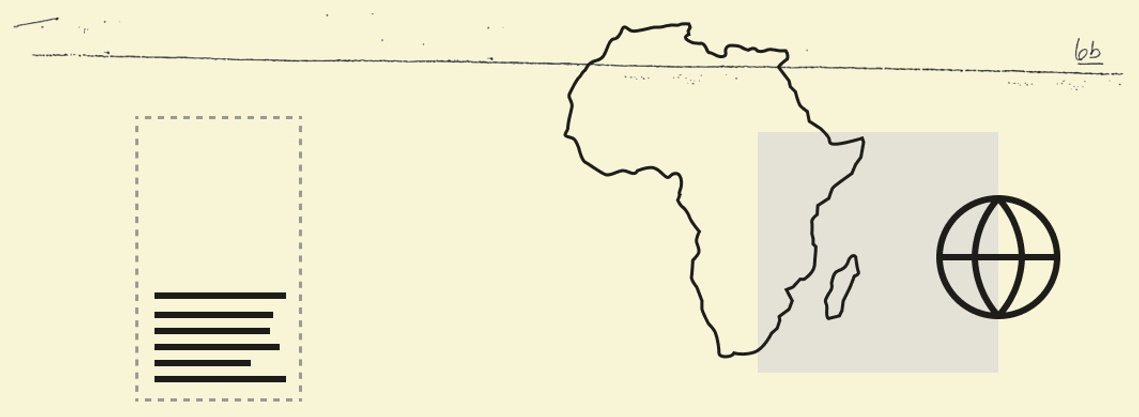 Business & Macro🇲🇱 Mali expects to produce 55 metric tons of gold in 2025, nearly 6% more than it did last year, amid expectations that Canadian miner Barrick Gold will resume operations in the country, Reuters reported. 🌍 African Export-Import Bank broke ground on a $180 million Afreximbank African Trade Centre in Barbados, the first to be established by the bank outside Africa. It will be built in Bridgetown, Barbados’s capital. Climate & Energy🇳🇬 Nigeria’s state oil company NNPCL said it is “at the final stage” of enlisting on a stock exchange and is shopping for partners, including advisory firms and investment banks. Geopolitics & Policy🇱🇸 Prince Harry resigned from Sentebale, a charity he co-founded in Lesotho in his mother’s honor, after a dispute with its board chair over a resolution by trustees for her to step down. 🇳🇦 Namibia will require US visitors to the country to obtain a visa before arrival from April 1 this year. Tech & Deals🇰🇪 Kenyan digital lending startup Lipa Later entered administration this week following financial difficulties that left it unable to make payroll and pay suppliers. 🌍 Enza, a fintech company operating in Egypt, Nigeria and South Africa, raised $6.75 million in a funding round from Algebra Ventures and Quona Capital. |